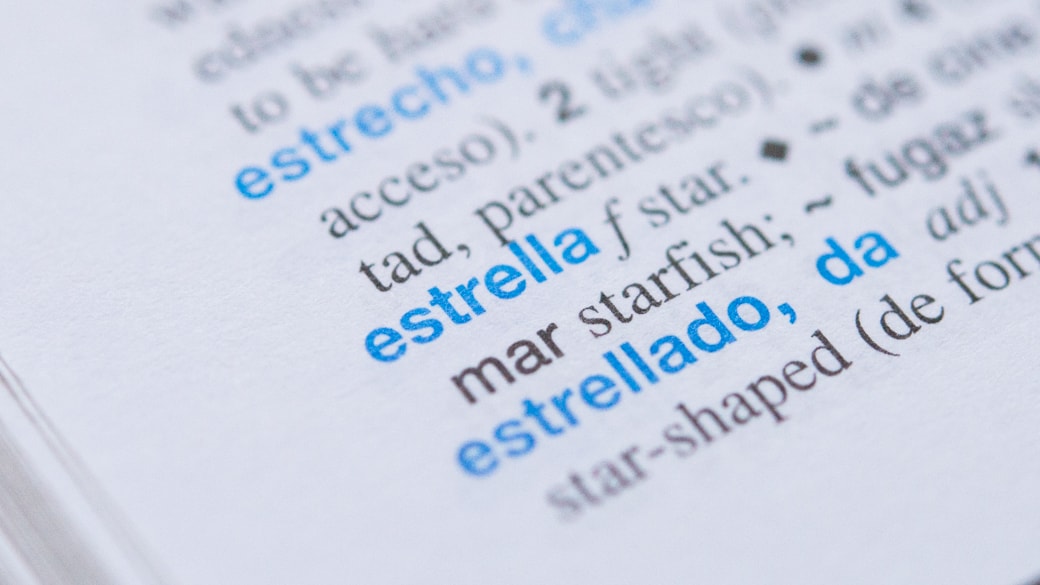5 ways to develop your intercultural understanding for the Spanish IB
Intercultural understanding is assessed in both of the IB language groups, yet according to IB Spanish examiner reports, even native speakers often demonstrate a lack of it. In this blog, Vicky sets out 5 easy things you can do to develop your understanding of this key assessment component.





Start the discussion!